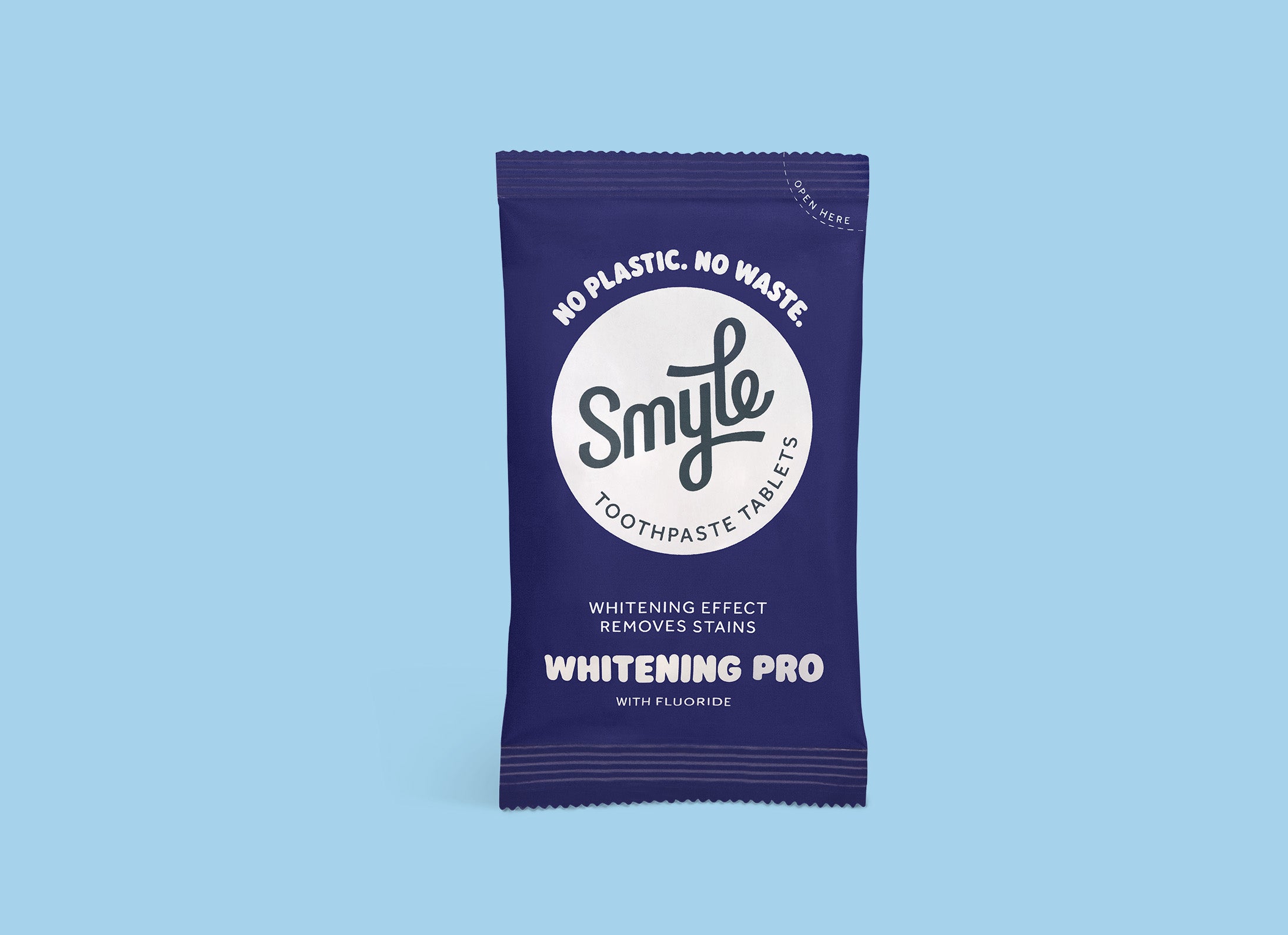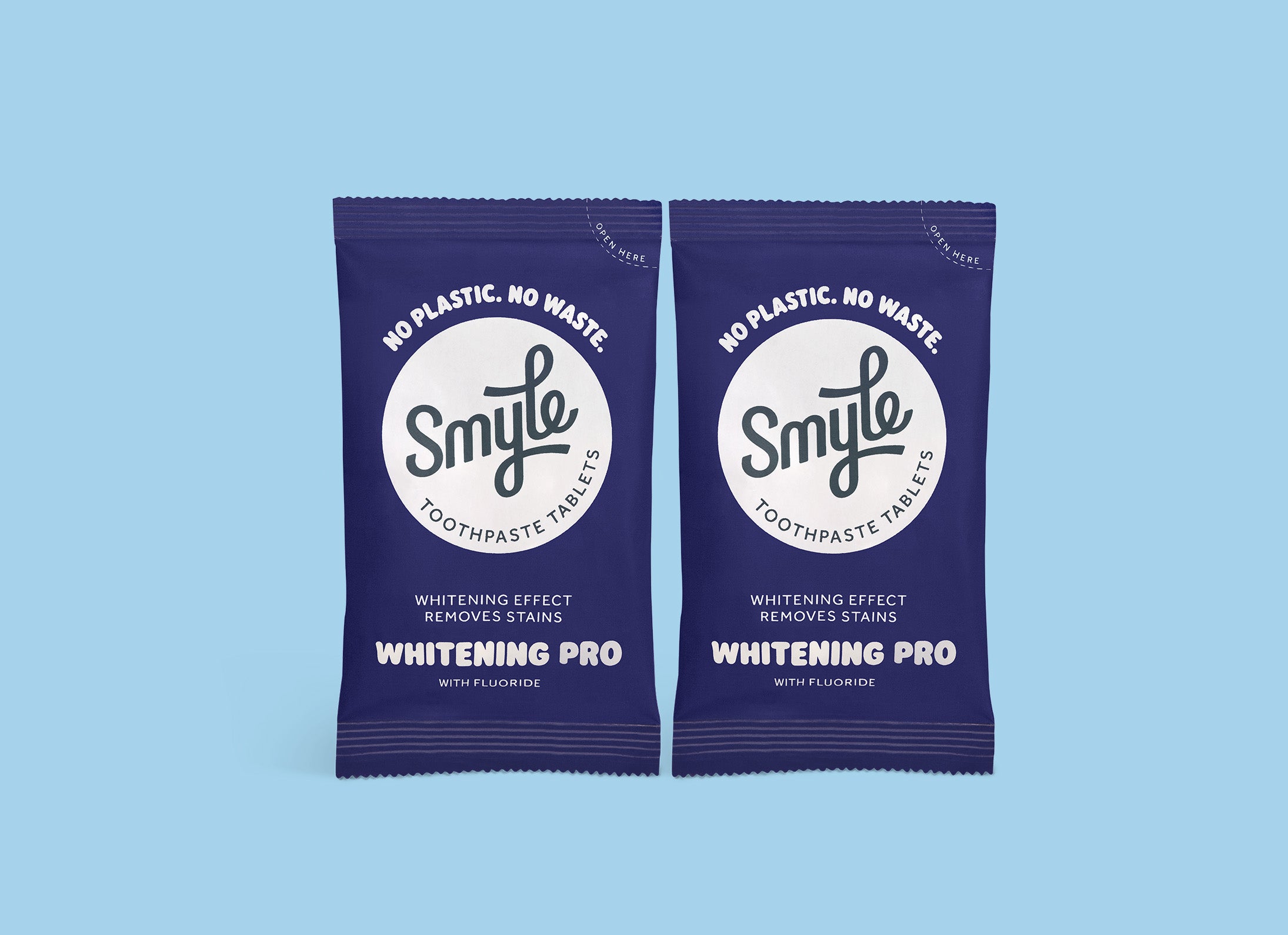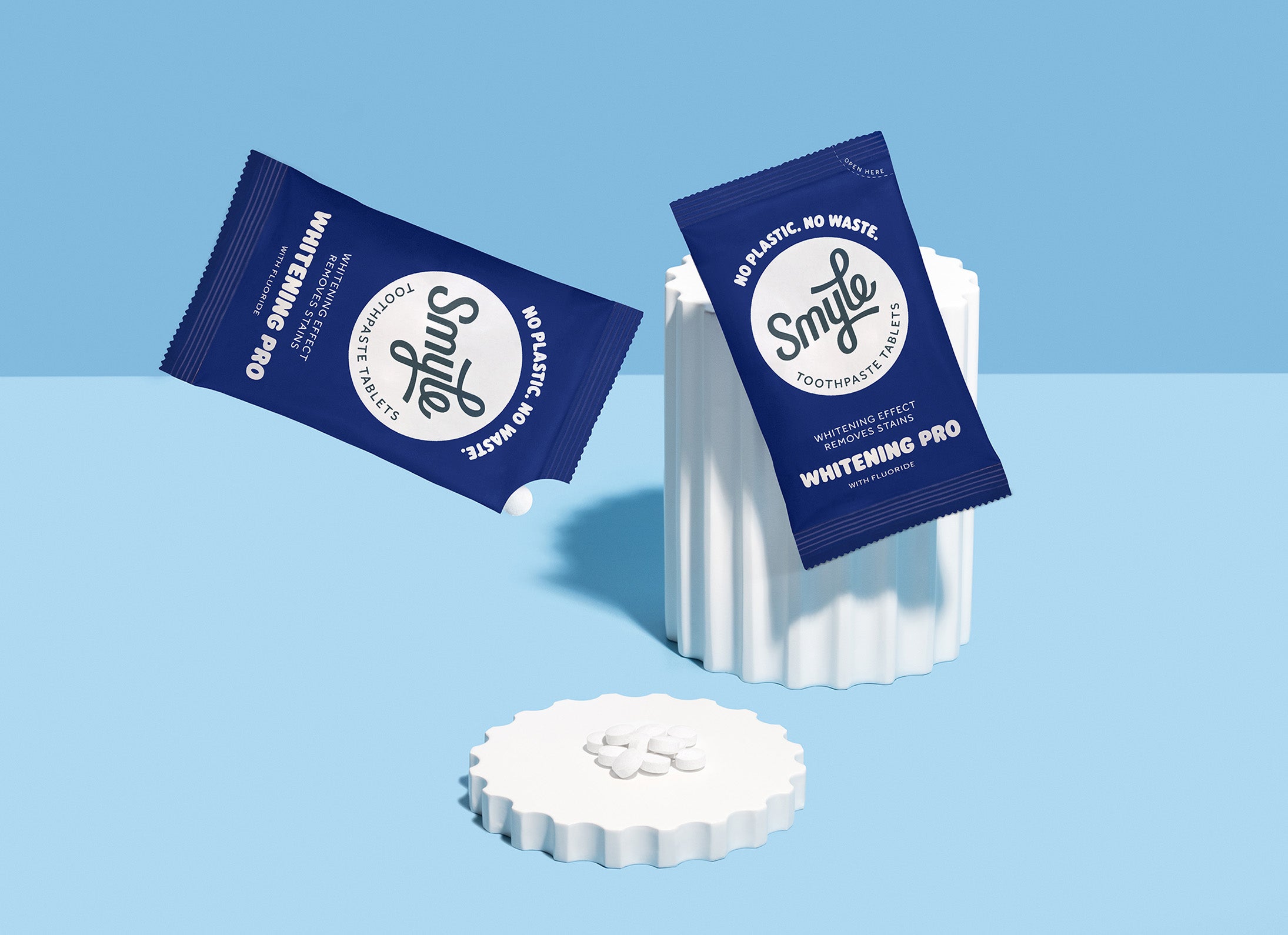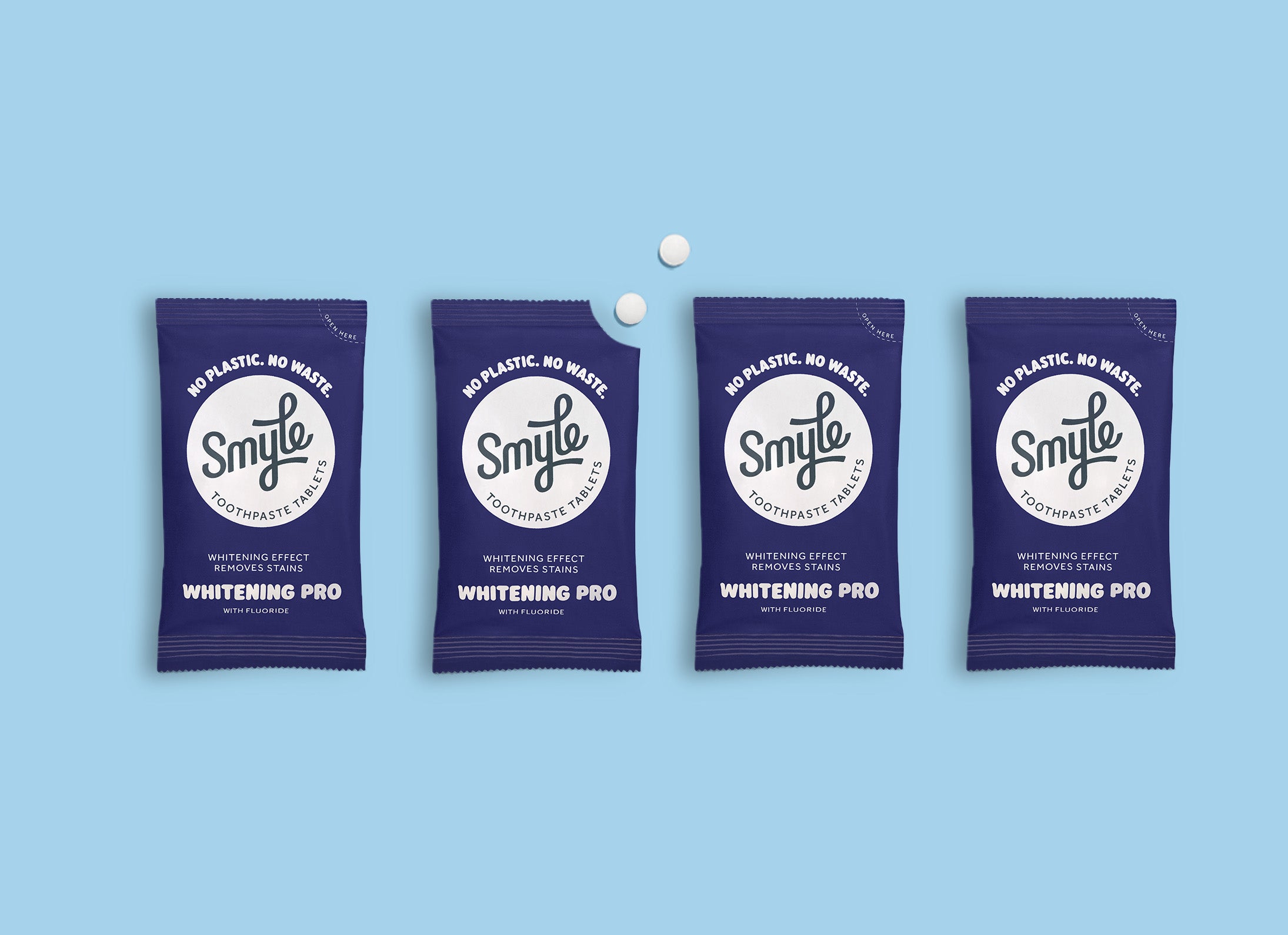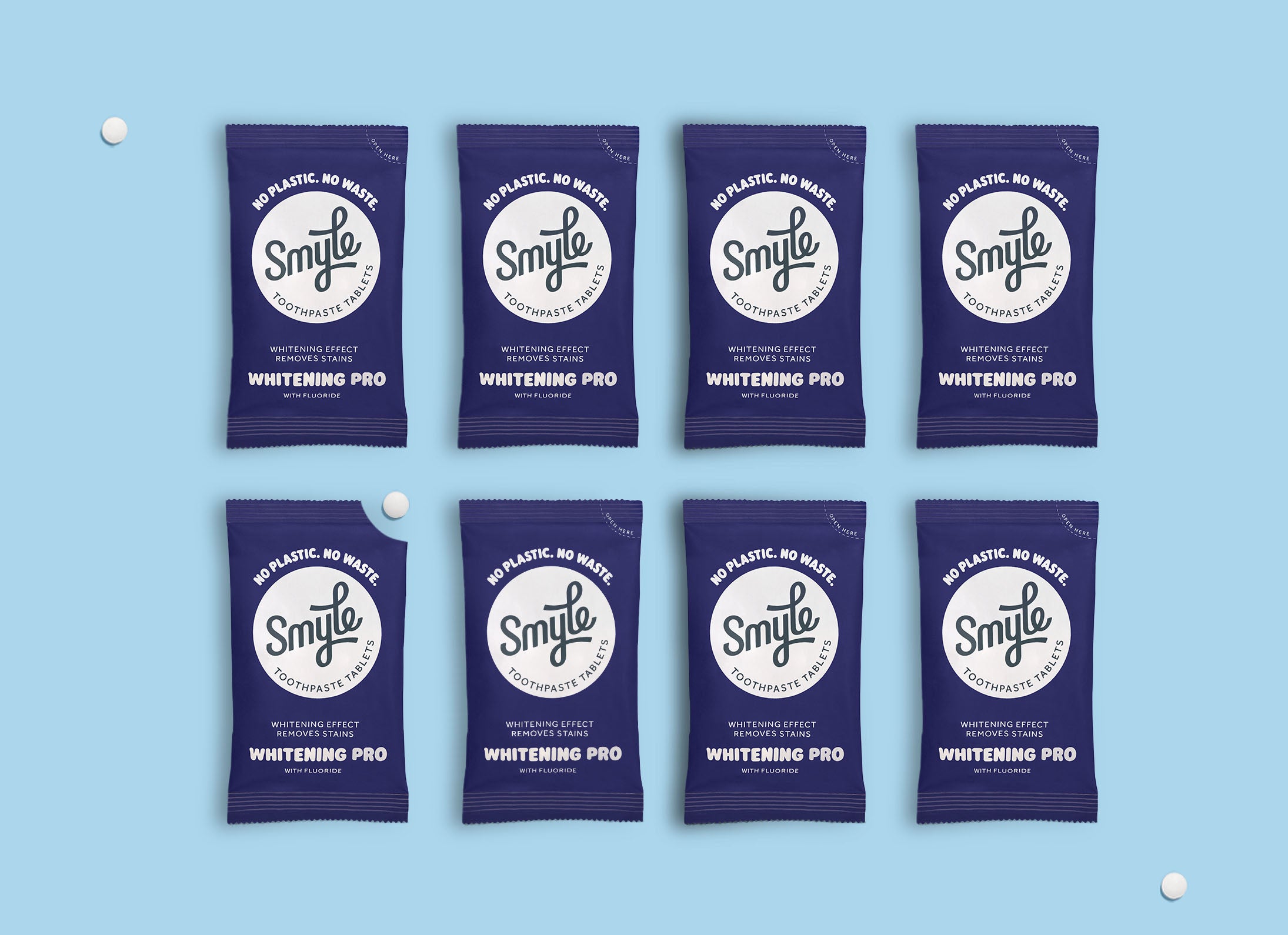
A healthy smile starts with healthy gums. Gums play an essential role in maintaining overall oral health. Unfortunately, inflamed gums are a common issue experienced by many. Also known as gingivitis, this condition can lead to discomfort, bleeding, and even serious complications if not addressed properly. The purpose of this guide is to provide helpful advice and practical tips on how to effectively manage inflamed gums. Whether you’re currently experiencing symptoms, know someone who is, or simply want to maintain optimal oral health, this article will offer valuable insights and guidance.
What Is Inflamed Gums (Gingivitis)?
Inflamed gums, or gingivitis, is a common condition that can affect oral health in several ways. It occurs when the gums become irritated, swollen, and red. One of the main signs is bleeding while brushing or flossing. Gingivitis is often the result of poor oral hygiene, which leads to the buildup of plaque—a sticky film of bacteria—around the teeth and gums.
When brushing and flossing are neglected, plaque accumulates and bacteria release toxins that irritate the gums, causing inflammation. The gums may become painful and sensitive. Habits such as smoking or chewing tobacco significantly increase the risk of gingivitis. For instance, smoking restricts blood flow to the gums, weakening the body's ability to fight infections.
In addition to lifestyle factors, certain medical conditions also raise the risk. People with diabetes, for example, are more susceptible due to a weakened immune system and slower healing. Immune disorders also increase vulnerability as the body becomes less effective in managing inflammation.
It's essential to take inflamed gums seriously because if left untreated, it can develop into periodontitis, a severe gum disease that can lead to tooth and jawbone loss. The good news is that gingivitis is preventable and often reversible with proper oral care, consistent brushing and flossing, and regular dental checkups.
Preventing Inflamed Gums
To prevent gingivitis, consistent and proper oral hygiene is key. Start with brushing your teeth carefully with a soft-bristled brush, covering every tooth and the gumline. Use a fluoride toothpaste and brush at least twice a day for two minutes each time. Flossing daily is just as important to remove plaque and food particles between the teeth and along the gumline. For optimal oral hygiene, consider adding mouthwash and a tongue scraper to your routine.
Regular dental checkups and professional cleanings are also crucial. A dentist can detect early signs of gum inflammation and provide tailored advice. They can remove plaque and tartar in hard-to-reach areas that daily brushing and flossing can’t address. Visiting your dentist at least twice a year is recommended, though some individuals may need more frequent visits.
Lifestyle and diet also play a role in prevention. Eat a balanced diet rich in vitamin C, D, and calcium, all of which support gum health. Limit sugary and starchy foods that promote plaque buildup. Avoid smoking and tobacco use, which greatly increase the risk of gum inflammation.
By maintaining good oral hygiene, planning regular dental visits, and adopting a healthy lifestyle, you can help prevent gingivitis and support long-term oral health. Prevention is always better than dealing with the pain and discomfort later.
Self-Care Tips for Inflamed Gums
If you're already dealing with gum inflammation, here are some self-care tips to support healing:
-
Saltwater rinse: Rinse your mouth with warm saltwater. Salt has antibacterial properties and can help reduce inflammation and discomfort.
-
Chamomile tea bag: Apply a cooled chamomile tea bag directly to the affected area. Chamomile has anti-inflammatory properties and can soothe sore gums.
-
Eat anti-inflammatory foods: Focus on foods rich in vitamin C (citrus, bell peppers, broccoli) and omega-3 fatty acids (fatty fish, walnuts) to support immune function and reduce inflammation.
-
Rinse after meals: Swishing water after eating helps remove food debris and bacteria.
-
Reduce stress: Chronic stress can weaken the immune system and exacerbate inflammation.
While these remedies can help, they are not a substitute for professional care in advanced cases. If your symptoms worsen or persist, consult a dentist or dental hygienist for specialized treatment.
When Should You See a Dentist?
You should immediately see a dentist if you experience:
-
Persistent gum pain or swelling
-
Bleeding during brushing or flossing
-
Receding gums or loose teeth
-
Bad breath that doesn’t go away
These could be signs of advanced gingivitis or periodontitis. Prompt dental care is crucial to prevent serious complications.
Common Treatments
-
Professional cleaning (scaling and root planing): This deep cleaning removes plaque and tartar buildup below the gumline.
-
Surgical treatments: In severe cases, procedures like a gingivectomy or flap surgery may be needed to restore gum health.
Getting treated early can prevent tooth loss and preserve the long-term health of your gums and teeth.
Frequently Asked Questions About Gingivitis
Can inflamed gums heal on their own?
In many cases, yes—with improved oral hygiene and daily flossing. But advanced cases may require professional care such as deep cleaning or surgery.
Can I brush my teeth if my gums are inflamed?
Yes—and you should! Use a soft-bristled toothbrush and gentle, circular motions to avoid further irritation.
What happens if gingivitis is left untreated?
It can progress to periodontitis, causing permanent damage to the gums and supporting bone, and potentially leading to tooth loss.
How long does it take for inflamed gums to heal?
Mild cases can heal in a few days to a week. Severe cases may take several weeks and need professional treatment.
So, What Should You Do About Inflamed Gums?
In conclusion, inflamed gums are a widespread yet serious oral health issue. Maintaining good oral hygiene, visiting your dentist regularly, and supporting your body through healthy nutrition and stress management are key to prevention.
Home remedies like saltwater rinses, anti-inflammatory foods, and natural care products can provide relief—but for advanced cases, always consult a dental professional. Don’t ignore the signs. Your oral health is worth protecting!



































